
‘North of North’ star Anna Lambe believes (most) people can change
From True Detective to The Grizzlies, the Inuk actor is known for badass roles. She's...
This is the second article in a two-part series about the opposition to wind energy in Kneehill County, Alta.
Get the inside scoop on The Narwhal’s environment and climate reporting by signing up for our free newsletter.
Last spring, at a meeting of residents of Kneehill County opposed to a new wind project in their Alberta community, a woman stood up and introduced herself to the crowd. In a room filled with neighbours angry about the proposed Lone Pine wind farm, Trish Tetz said she was one of approximately 40 people who had signed contracts to build turbines on her land.
Then she told the crowd she feels like her family was coerced into signing and regrets it.
“I just wanted to bring that to light. I’ve been sitting there stewing on this for a while, hoping I don’t get into trouble or put my foot in my mouth,” she said.
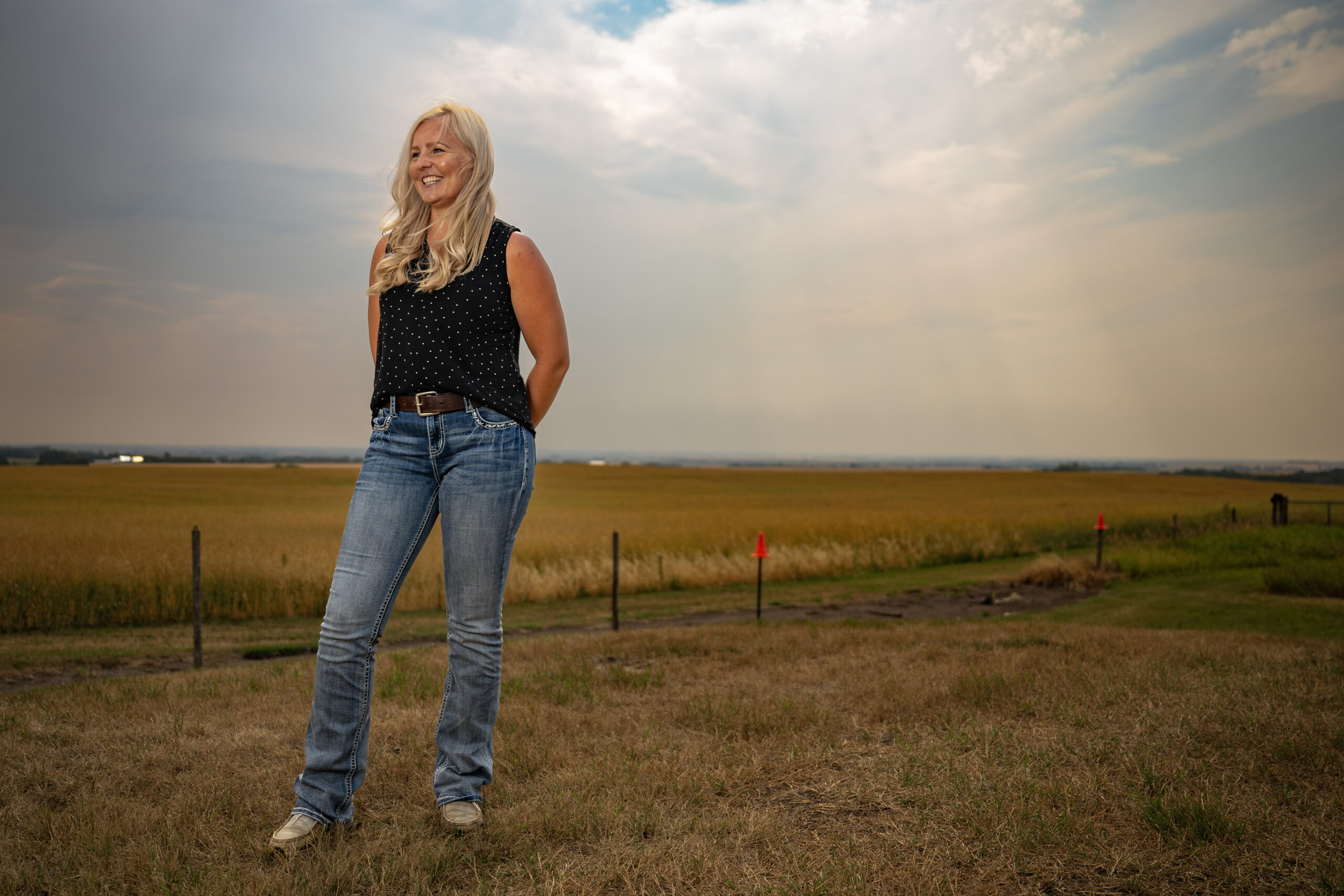
Tetz and her husband run a fourth-generation cattle ranch and farm that focuses on grass-fed cows. The duo took over their parcel of land from her husband’s family earlier this year.
They didn’t just inherit the land, however. They also assumed the contract signed by Tetz’ mother-in-law with Spirit Pine Energy, the company that initially owned the project. (Spirit Pine sold the Lone Pine project to a Toronto-based company called Capstone Infrastructure that’s owned by European investment fund iCON Infrastructure in 2022.) Tetz was not involved in those negotiations.
“Because the caveat is there, even if we choose not to renew and the project hasn’t gone through, we cannot get that caveat off,” she said, referring to a clause that allows for access to her land will remain there until a project is reclaimed.
She’s not alone in her concerns.
Many rural landowners are familiar with representatives of energy companies — called land agents — knocking on their doors to seek permission for new projects. But some landowners in the Kneehill County community say the agents or project owners who travelled the county to talk about the wind farm used deceptive tactics to get them to sign contracts. Chief among those deceptions, they say, was telling landowners all their neighbours had already signed on and if they didn’t, they would be left out of the benefits, while still being surrounded by turbines.
But this is just one side of an issue where confusion is ubiquitous and the rules are poorly understood. The company denied it used aggressive tactics, saying there were many open conversations with landowners. But in a province where landowners have long dealt with oil and gas developments on their property, a different set of rules for renewables has led to confusion and mistrust.
When an oil or gas well is drilled on private land, landowners are compensated for the access. The Alberta government provides a guarantee of sorts that landowners will get that money, with a taxpayer-funded backstop — although that process can be long and stressful. Landowners who agree to renewable projects are not entitled to the same guarantee they will be paid.
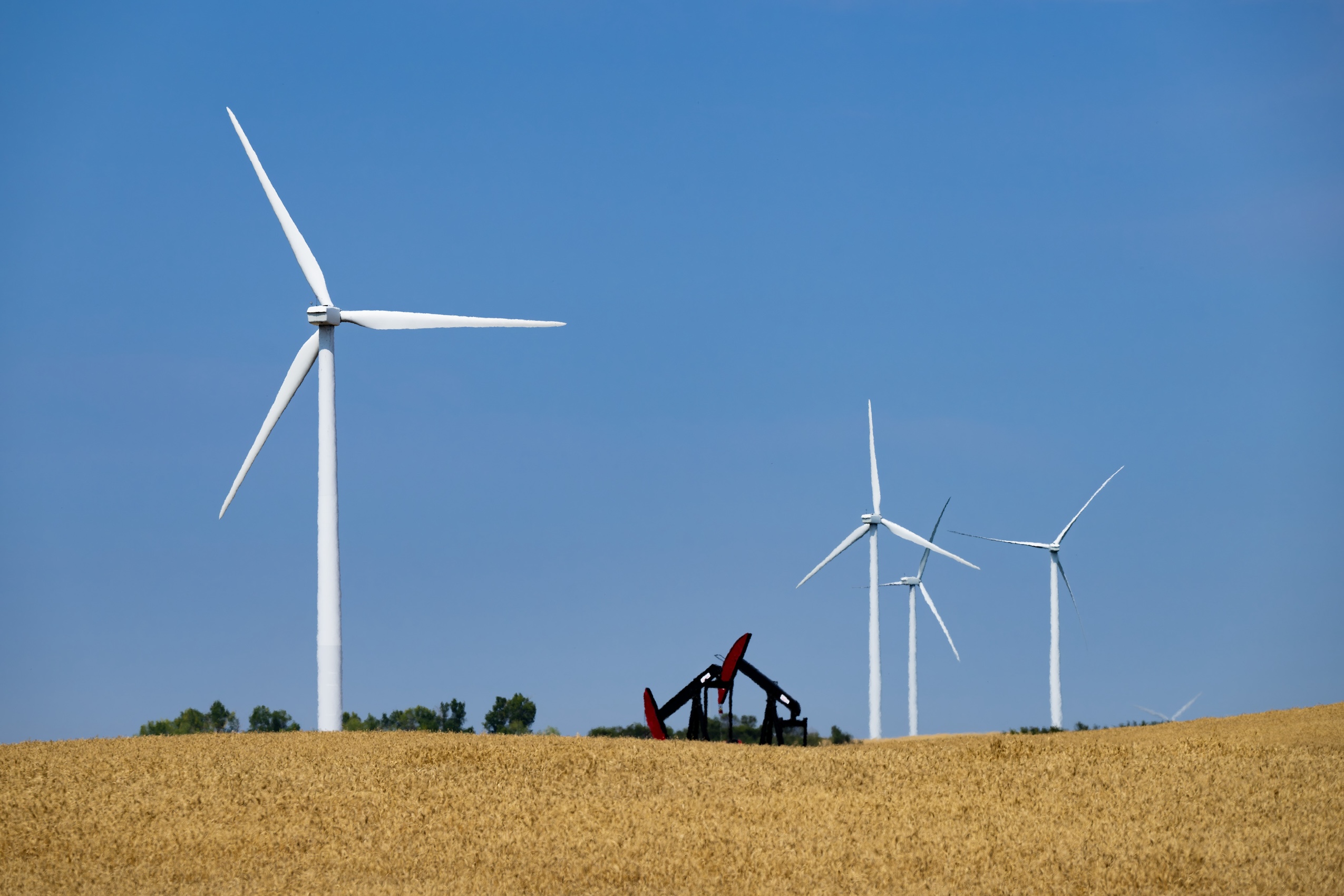
“One of the constraints around the development of lease agreements, and how people are being compensated, is that it’s all done in privacy and secrecy,” John Parkins, a professor in the department of resource economics and environmental sociology at the University of Alberta, said in an interview.
The lack of transparency, coupled with a process that can take years to play out, creates room for suspicion and backlash.
The Alberta prairies are expansive, fields of crops and pastures that stretch off to the flat horizon. It gives the impression of a wide-open landscape untouched by industry, but that’s an illusion. Oil and gas wells, power generation, gravel pits and industrial-scale farming mark this place.
But there is something notable about a wind farm. Although an oil or gas well has the potential to harm the environment through contamination or leaks, it’s a seemingly minor blip on — and under — the landscape. A wind turbine the size of a skyscraper is harder to hide. Your neighbour will notice, and could be upset you made a different decision than they did.
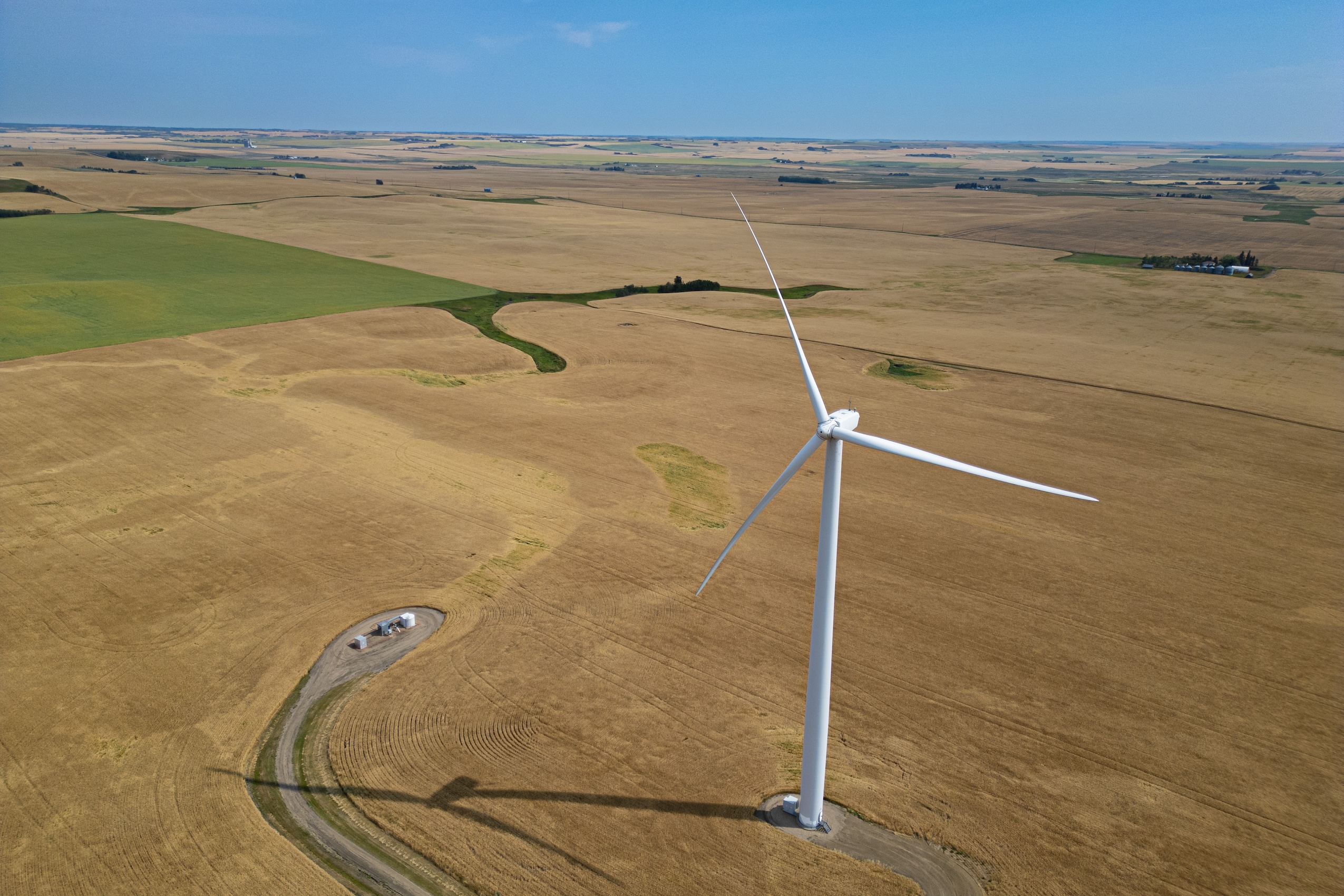
In a place where the conversation around the costs and benefits of oil and gas is decades old, there’s also tremendous discomfort with renewable energy contracts that don’t have the same rules as fossil fuel leases. When it comes to a wind farm, the landowner has more power — they can refuse access to their land, for one. But some landowners also feel they’re left on their own to negotiate contracts they don’t fully understand. Neighbours can feel like they’re pitted against neighbours.
Valina Pope owns land in Kneehill County and said she was approached by representatives from the previous owners of the Lone Pine project with a similar pitch to the one described by Tetz — there’s money to be made, your neighbours have all signed up, you’re going to be left behind.
She said she supported wind energy and wanted to see that kind of progress in her county, but she turned to her neighbours to see why they signed on and what they had heard.
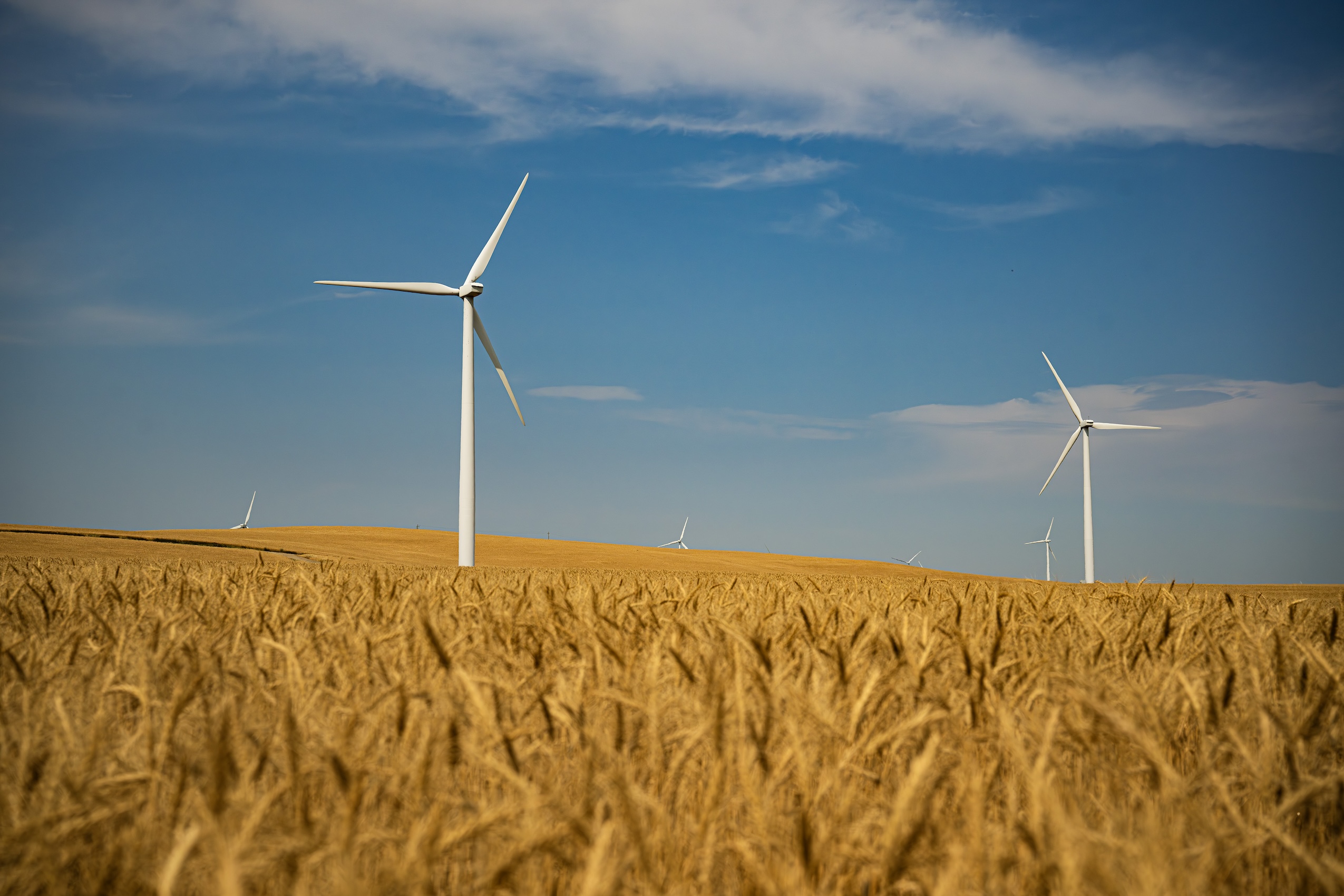
“What blew my mind is that they had told my neighbors the same thing years beforehand — that it was going forward with or without them, everyone else had signed up around them — and of course, that couldn’t all be true because I hadn’t signed up yet,” she said.
Pope said that revelation, in addition to uncertainty about some terms in the contract flagged by her lawyer, led to her turning down the contract.
Tetz says her mother-in-law, who declined to speak to The Narwhal, made the best decision she could with the information she had. Tetz makes it clear she doesn’t think her mother-in-law did anything wrong.
“You learn more, you figure out more and you see there’s maybe more things there that you didn’t see before,” Tetz said.
“We want to undo it and we can’t.”
Michele Morley, the president of Spirit Pine, said she was surprised to hear some landowners accuse her company of unethical behaviour.
“I really was open with who was signed and not signed,” she said. “Anyone that asked, they would go, ‘Did these people sign?’ We would always say, ‘Yes, they have’ or ‘no they haven’t.’ We had the maps, and they were marked with who was signed and who wasn’t signed.”
There is, undoubtedly, strong opposition to the Lone Pine wind farm — a project that was recently paused by Capstone Infrastructure in the wake of provincial regulatory changes and uncertainty.
With multiple rounds of contract negotiations and renewals over the course of almost a decade and spanning different ownership structures, unravelling the truth of what happened during negotiations can be difficult.
Spirit Pine, which signed the contracts before selling them to Capstone, even counts local landowners as shareholders.
Morley said she would visit landowners several times and would incorporate suggestions from landowners and their lawyers into contracts. Emails shown to The Narwhal by Morley appear to support her claims.
She said she could never promise exactly where turbines would be located as the project developed and said she made it clear her company would not be the ultimate builder. A wind project can change significantly over the course of its development.
“That’s why I’m kind of surprised about the coercion thing, when there were so many conversations and everyone had the option to participate or not participate,” Morley said.
In Alberta, landowners ultimately have no choice but to allow access to their land for oil and gas projects. They can negotiate terms and take their arguments to the Land and Property Rights Tribunal, but at the end of the day, that project will go forward — with or without their support.
The same isn’t true for renewable energy projects, where landowners can refuse access and negotiate their contracts directly with a company. It gives landowners power, but paradoxically, it can leave them feeling isolated and anxious as they negotiate with large companies focused on profit.
Under the Surface Rights Act, landowners who are owed payments from delinquent oil and gas companies are reimbursed by the government, almost exclusively using taxpayer money. With renewable energy projects, landowners cannot access the same program.
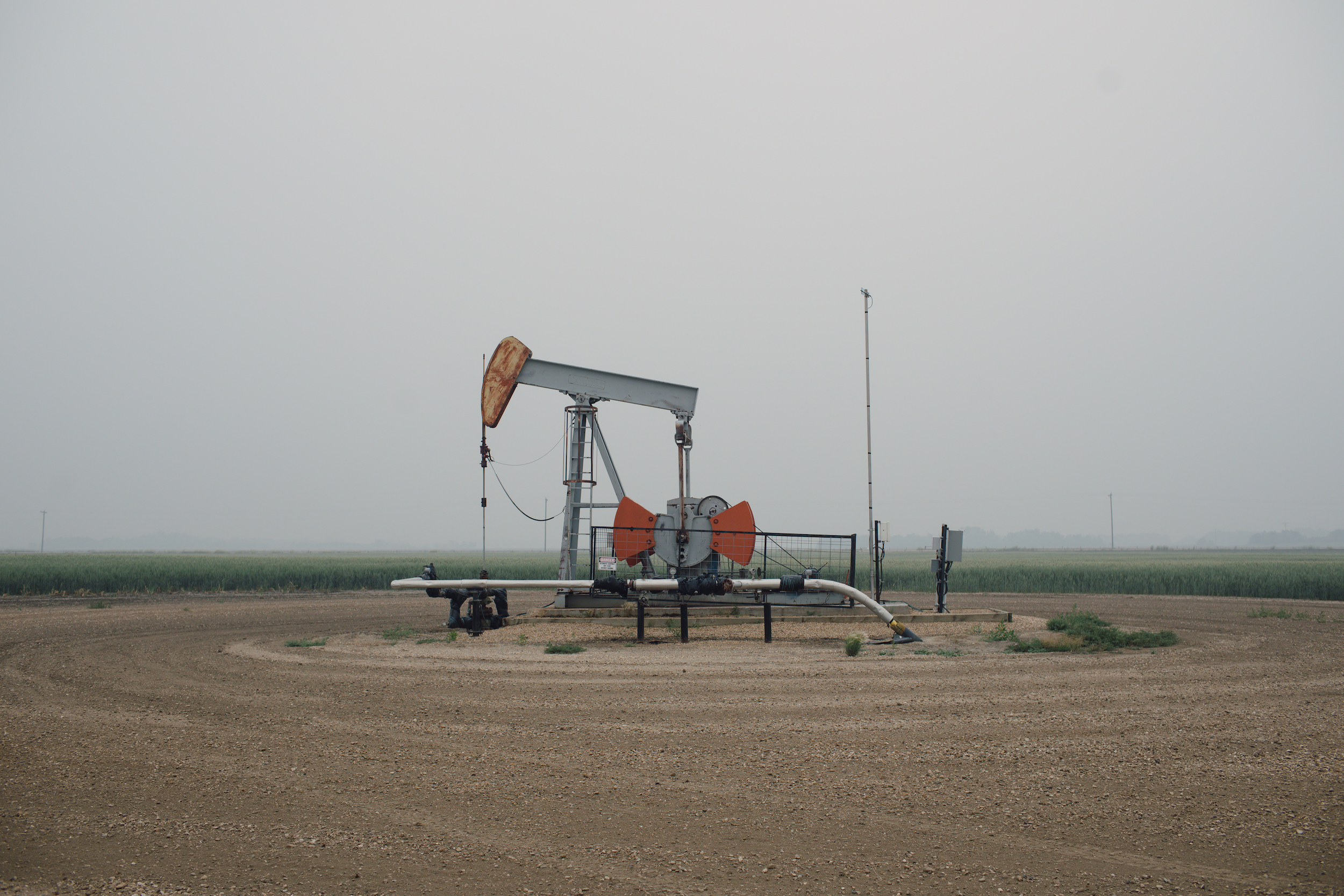
Evan Wilson, the vice-president of policy for western Canada and national affairs with the Canadian Renewable Energy Association, said his organization’s members take negotiations seriously because landowners have the ultimate say.
“It’s not regulated in terms of what contracts have to look like, and there is no standard approach,” he said. “This puts a lot of the power in the hands of the landowner to determine what this contract looks like.”
Wilson said renewable energy companies increasingly use land agents to negotiate contracts to provide some assurance and comfort for landowners and he said agreements often include direct payment to landowners for things like reclamation security and addressing concerns raised during the negotiation process.
There are resources, including the Alberta Farmers’ Advocate Office, which provides a list of questions landowners should ask, and more.
“I always make the recommendation that folks that are in these negotiations reach out to lawyers that they can work with to review these and then request that the developer pay for the legal review of the document,” Wilson said.
Parkins, with the University of Alberta, said alternative ownership structures — including municipal or community ownership — have been successful in Europe as a way to alleviate opposition to renewable energy projects. It’s easier in terms of solar installations, but not impossible for wind, he said. At the very least, he thinks there should be more transparency in the contract process.
“Imagine if there was some possibility for transparency and collective bargaining,” he said. “How that would actually change the negotiations with the private developer.”
Pope said she didn’t have faith in the contract she was presented, that her lawyer flagged issues and, in the end, that she didn’t trust the company to follow through on promises.
“Part of the reason I didn’t sign up is because I didn’t believe that they were going to make good on their end of that contract,” she said. “There were many ways they could get around actually paying anything back to the landowner.”
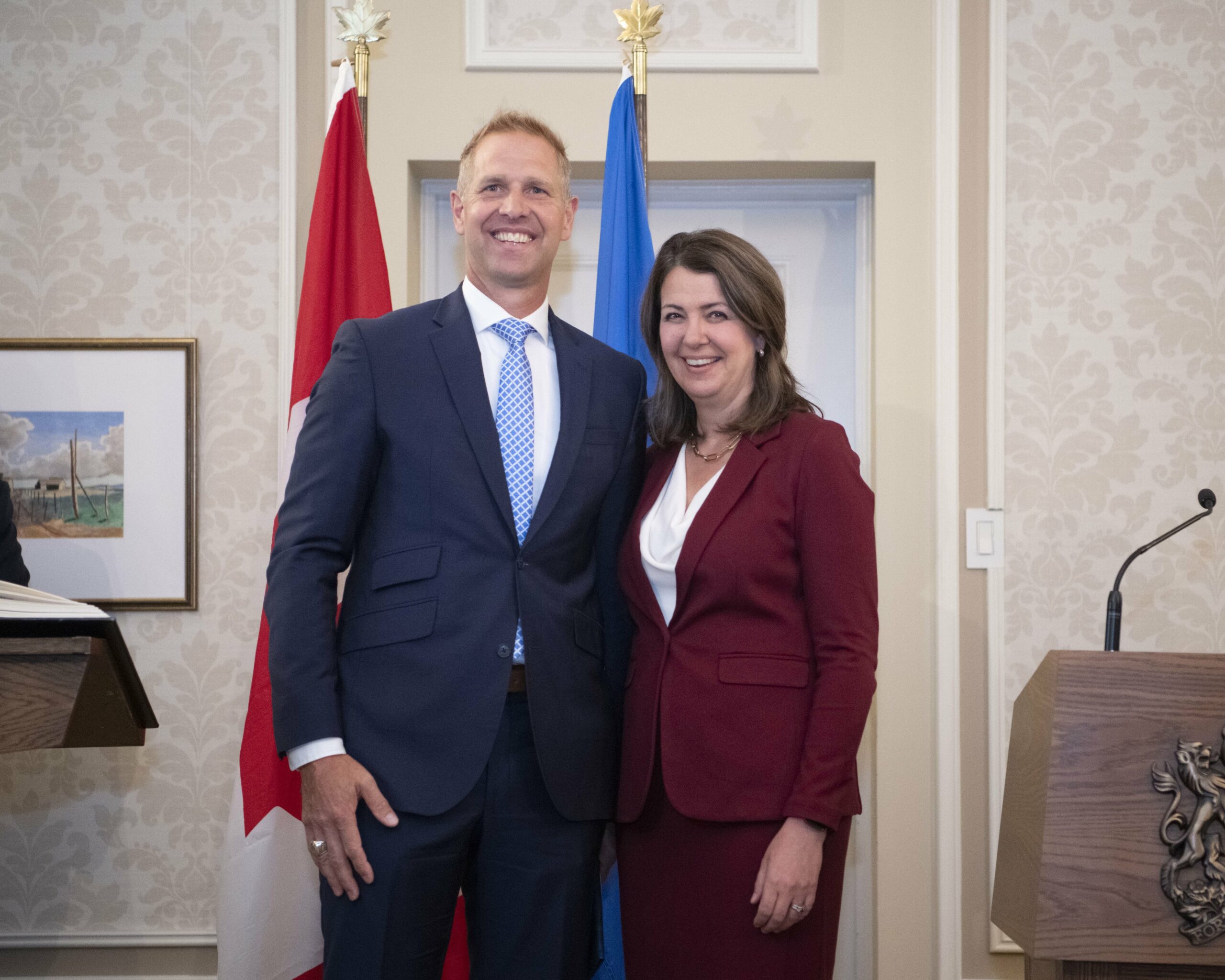
There are many concerns in rural Alberta when it comes to renewable energy, but there are also concerns about keeping the family farm in an era where costs soar and uncertainty prevails.
Renewable energy can be both a saviour and a source of anxiety.
Tetz doesn’t believe the turbines are either green, or worth any of the risks she associates with them. But she also doesn’t think those who signed contracts should be vilified.
“I am gonna just play a little devil’s advocate on this, because I don’t think that the farmers that have signed on to it are misinformed or stupid or anything like that,” Tetz said, speaking to The Narwhal this spring along with a group of landowners opposed to Lone Pine.
“I think that the people that have signed on are thinking about the longevity of those properties and making sure that they can stay in the family for multi generations.”
Get the inside scoop on The Narwhal’s environment and climate reporting by signing up for our free newsletter. On March 17, federal Conservative Leader Pierre Poilievre...
Continue reading
From True Detective to The Grizzlies, the Inuk actor is known for badass roles. She's...

Artist Alison McCreesh’s latest book documents her travels around the Arctic during her 20s. In...

I’ve watched The Narwhal doggedly report on all the issues that feel even more acutely...
